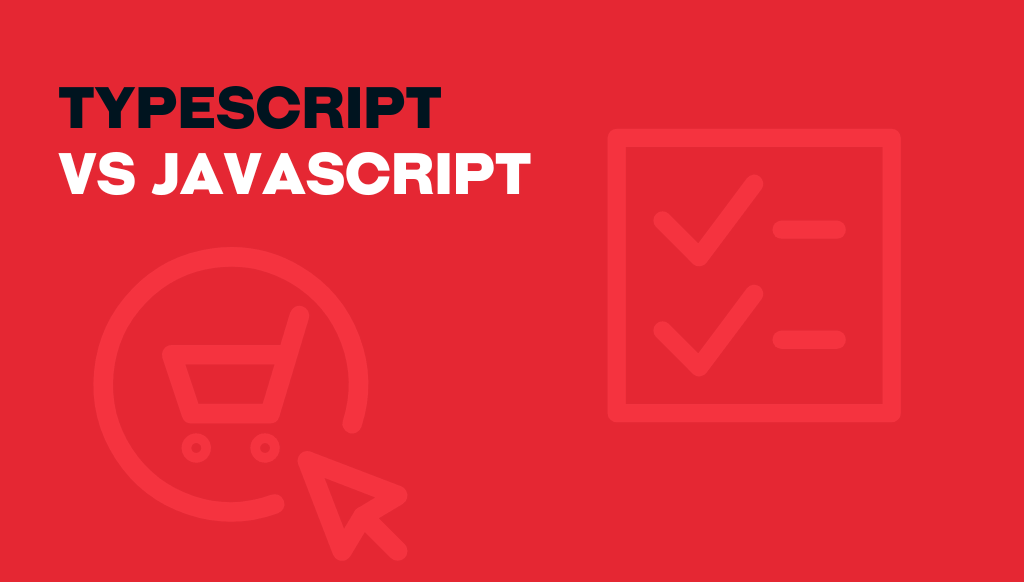- Frictionless, by Pagepro
- Posts
- React Advances, Express Rate Limiting, and Software Supply Chain Deep-Dive
React Advances, Express Rate Limiting, and Software Supply Chain Deep-Dive
Hello again!
Can you believe it's already mid-April? Times fly like crazy, so once again I’m summing up the most interesting articles that would bring you a little closer to frictionless leadership.
To me, the most interesting this week is the one about Microsoft using React Native for their cross-platform development, while, in fact, they have their own, homegrown framework. They benefit from React Native’s ability to use native OS controls, ensuring applications maintain a native look and feel while being able to tap into a robust community and a wealth of libraries. And you know, that’s the React Native superpower I always believed in.
Okay, jump in and let's find out what's the most interesting for you this week!
In The Queue Today
Preview UI Components, CSS in React Server Components, and Discord's Cloud Migration
Mastering Express Rate Limiting, Leveraging Node.js Ecosystems, and Flow's New React Features
Event Granularity Balancing, Scalable Shell Scripting, and Software Security Deep-Dive
Reduce Friction

Source: Thenewstack
Instant Preview of UI Components and Storybook Stories
Preview.js detects all UI components and Storybook stories in a codebase, offering full support out of the box for Preact, React, Solid, Svelte and Vue 2 & 3. It uses Vite under the hood, which allows it to achieve snappy refreshes.
CSS in React Server Components
React Server Components (RSC) provides an official way to write server-exclusive code in React. RSC is a fundamental change to how React works, and some libraries and tools have gotten scrambled. The most popular CSS-in-JS libraries like styled-components and Emotion aren't fully compatible with this new vision for React.
How Discord Moved Engineering to Cloud Development Environments
This article offers valuable insights into the process and lessons learned migrating from local development to Coder-based cloud development. It emphasizes the importance of addressing both technical and people-related challenges, involving stakeholders, and offering a compelling experience to drive adoption.
4 Strategies for Presenting to Busy Executives
This piece shares strategies for engineering leaders to effectively communicate with busy executives in time-constrained meetings. It covers tailoring behavior to executive incentives, prioritizing discussion time, and quantifying the cost of misalignment in terms of revenue impact.
React Server Components in a Nutshell
Waku, meaning "framework" in Japanese, is a minimal React framework designed to accelerate the work of developers at startups and agencies building small to medium-sized React projects. Waku supports React Server Components, providing an alternative to Next.js for trying them out.
Deepen Your Expertise

Source: Unsplash
How to Implement Rate Limiting in Express for Node.js
Rate limiting is a strategy for limiting network traffic by placing a cap on how often an actor can call the same API in a given time frame. It's essential for controlling the volume of requests a client can make to a server in a certain amount of time. By restricting the rate at which requests are accepted, you can reduce the impact of large-scale, coordinated attacks.
Why I Use Node, Deno, Bun, Qjs, Tjs at the Same Time
This gist provides a nice overview of the unique strengths and use cases of Node.js, Deno, Bun, QuickJS, and Trill.js, offering insights into optimizing development workflows and leveraging the right tool for the job.
New Flow Language Features for React
Flow announces [Component Syntax], adding first-class support for React primitives such as components and hooks to the Flow language. These features bring improved ergonomics, expressiveness, and static enforcement for many of the Rules of React.
Increase Scalability

Source: Thepracticaldev
Event Granularity: Modelling Events in Event Driven Applications
Event Driven Systems are a way to build robust, distributed systems. The biggest problem is figuring out the granularity of events. Too fine and the event isn't useful. Too coarse and they're not expressive. Barry O'Sullivan explores where the right balance might be.
Release 8.0.0 · google/zx
Zx helps you write shell scripts using Javascript instead of Bash scripting. v8.0.0 release highlights: squashed dependencies for faster installation, options presets, sync API, input handling, AbortController support, process killing, and more. While breaking changes were necessary, the release aims to enhance scalability, performance, and developer experience.
Software Supply Chain Security Deep-Dive (Part 1)
Software Supply Chain Security (SSCS) security has quickly emerged as the buzziest sector within AppSec. The hype was at its peak last year but has gradually faded down recently. This article helps readers understand the category and show why this is going to be a critical industry to watch in cybersecurity.
React Native and Why Microsoft Uses It for Its Own Cross-Platform Development
Despite having alternatives such as .NET MAUI (multi-platform app UI) and a long-term investment in cross-platform C++ for Office, Microsoft uses React Native for cross-platform development. Reasons include JavaScript developer availability, React synergy across web/mobile, incremental adoption, large ecosystem, native UI, and performance.
Lessons After a Half-Billion GPT Tokens
After using over 500 million GPT tokens, surprising lessons emerged about prompt design, API simplicity, hallucination, and the future of AI. Simplicity and generalization are key when working with GPT; over-engineering can be counterproductive.
Just Cool

Source: Enchanted Living Magazine
The Ink, the Devil, the Wicked Errata
The first ink formulas go back about 25,000 to 30,000 years. Gutenberg developed a formula that was more of a colored varnish than a watery dye. The Greeks used cephalopod ink from octopuses and squid. This fascinating article explores the history of ink, and it's surprisingly fun.
What did you think of today's email?Your feedback helps me create better emails for you! |
If you’re reading a forwarded version of this newsletter and would like your own subscription, head over to frictionlesspost.com and sign up there.
